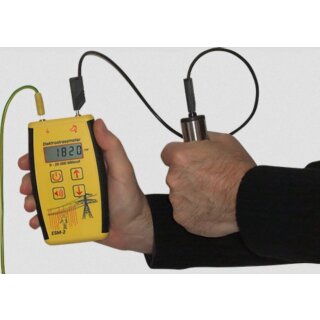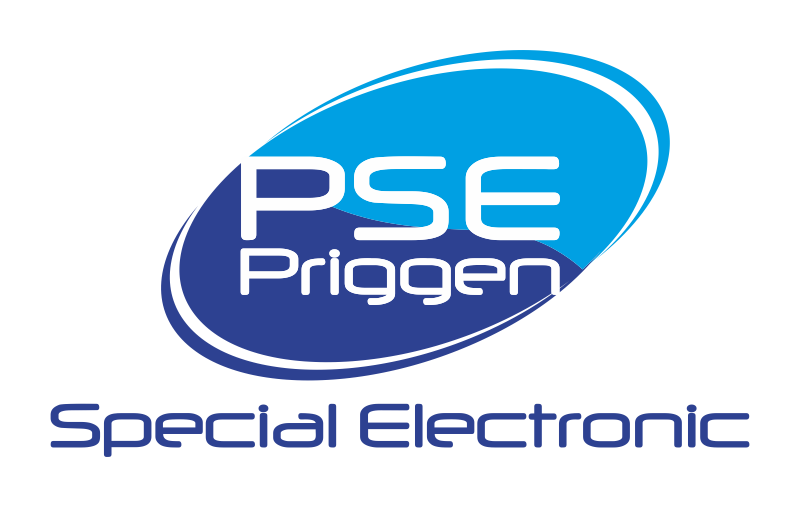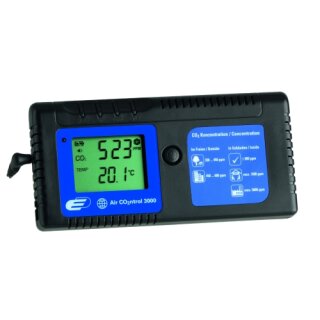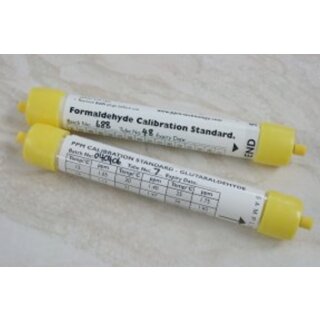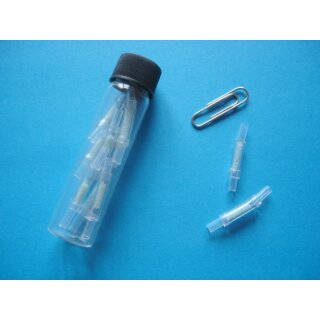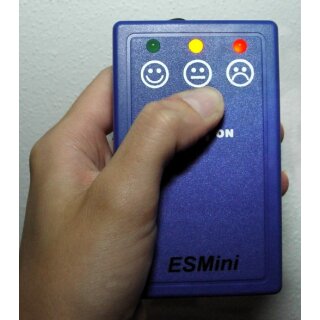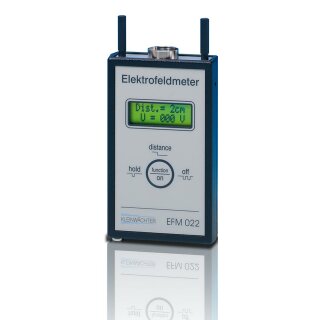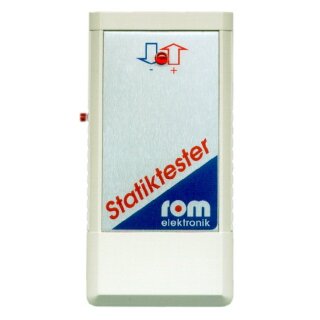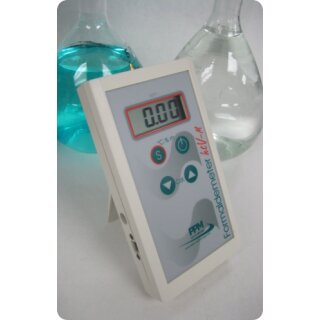Question about item
Questions about the product?
Phone: +49 2557/4999197 priggen@priggen.com
Offer needed?
We would be happy to make you a written offer.
Quantity discount
Best conditions for bulk buyers!
Fast delivery
Urgently needed? We also deliver express!
Best sellers
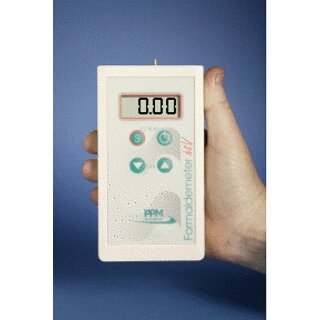
-
: 8 - 10 Workdays (DE - int. shipments may differ)
2.082,50 € *
Best sellers
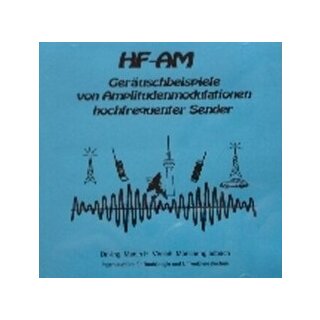
-
: 1 - 3 Workdays (DE - int. shipments may differ)
23,80 € *
Top rated
